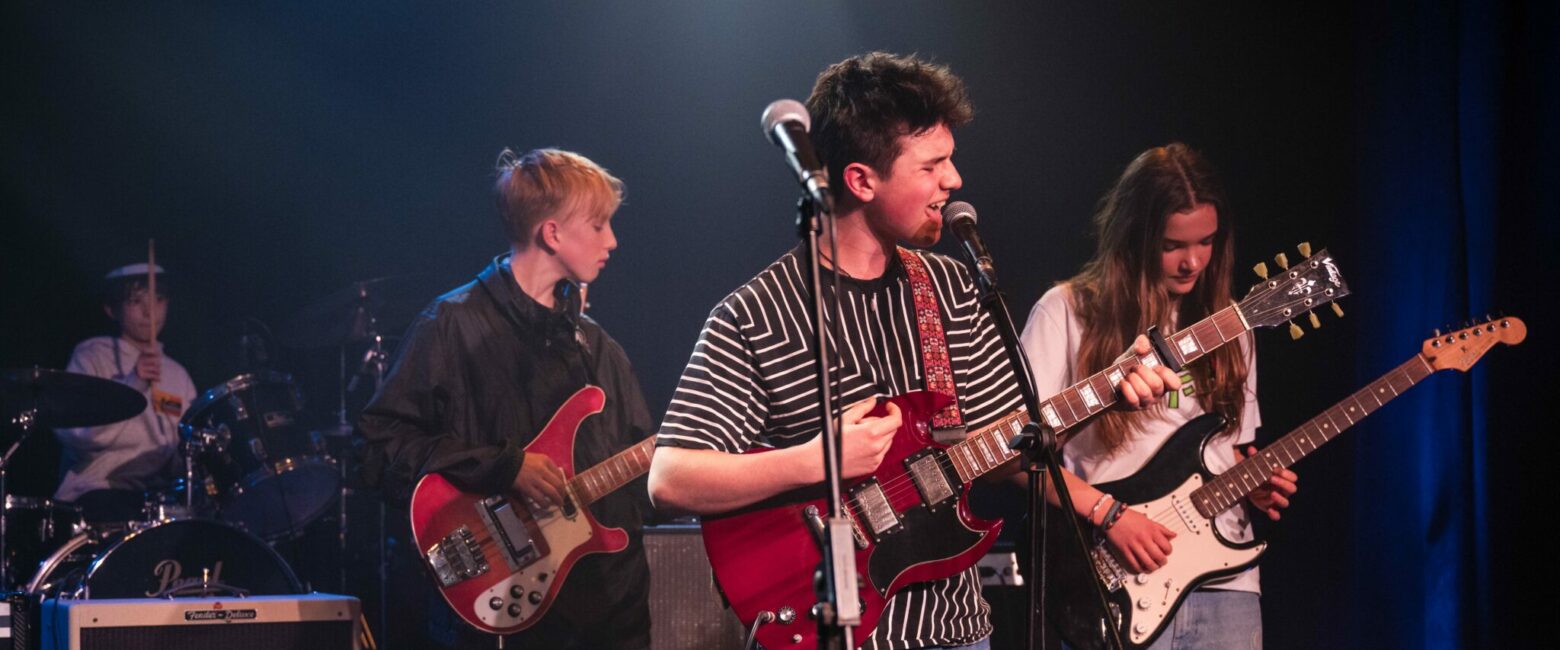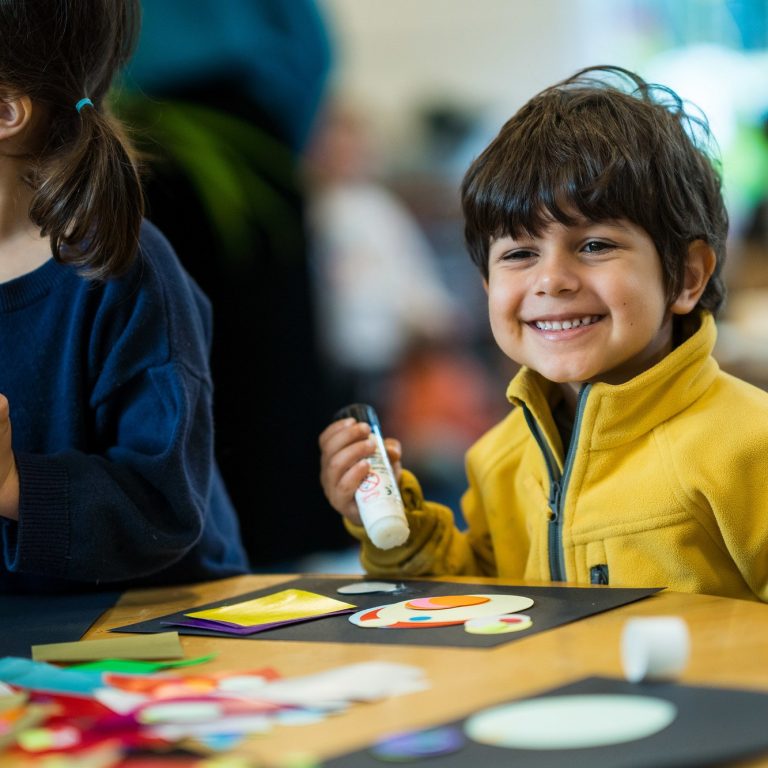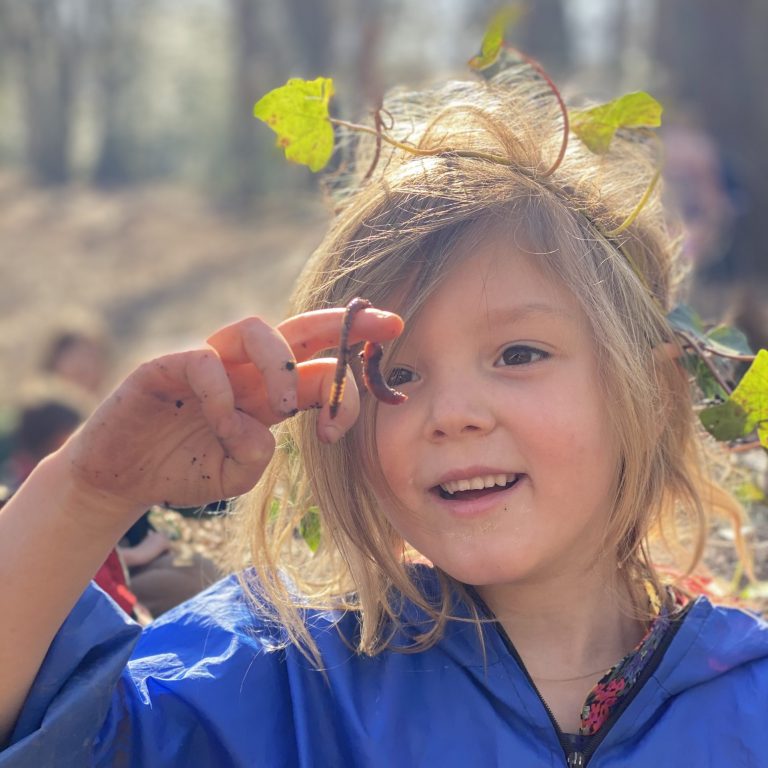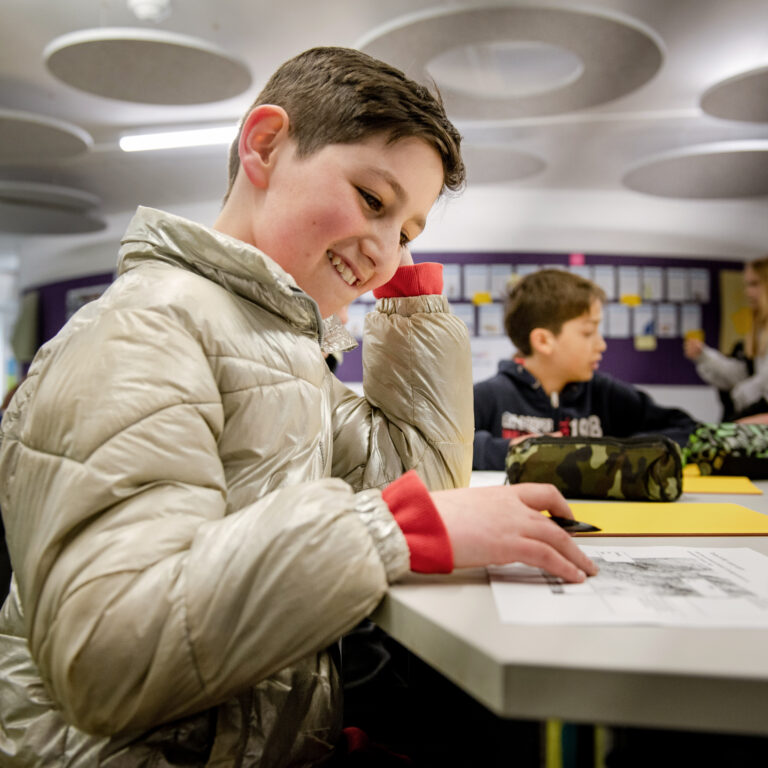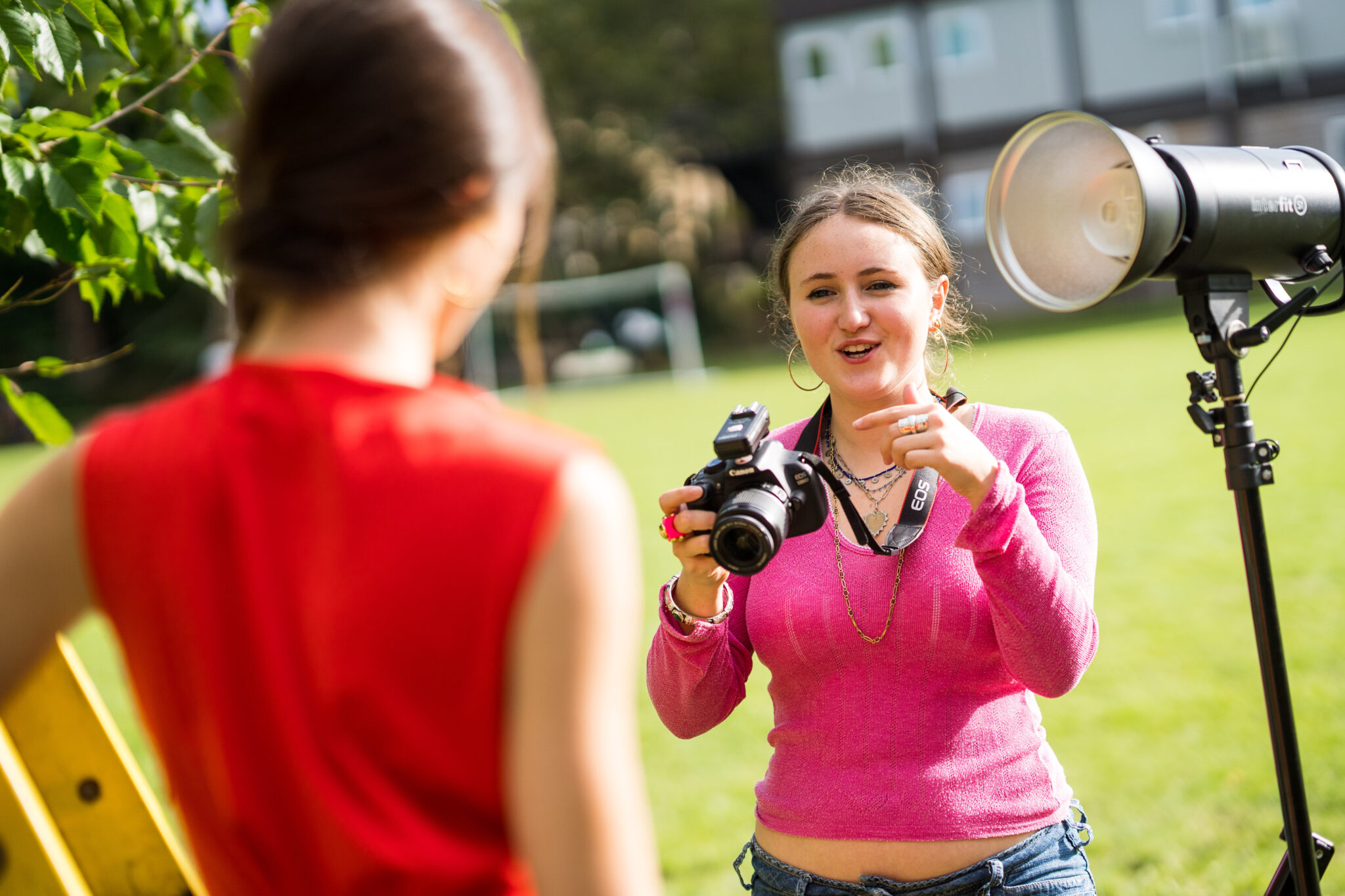Looking to the future
12th February 19
Robert’s Speech from the KASS AGM February 12, 2019
Every summer for the last 15 years, a group of our Year 11 students, relieved and relaxed after finishing their GCSE exams, set out for two weeks to Namibia.
Under the vast desert skies, they sleep under canvas and work with a charity EHRA, which reduces conflict between elephants and humans, and runs education projects. The group spend a week in the elephant sanctuary, learning how to look after these great animals and their environment. A second week is spent in a local school, renovating the facilities and teaching the children. Every participant is expected to raise a significant sum of money towards going through working, babysitting, or smart entrepreneurial schemes. Over the years, the cumulative impact of this ongoing partnership has been tremendous.
I would like to read an email I received from the Coordinator after this year’s trip.
“Your wonderful school completed its 14th trip with us in July thanks to another group of truly outstanding young people! The impact that King Alfred’s have made to the first school that we worked with, A. Gariseb Primary School is actually famous in our area!! Everyone knows about this school and how King Alfred’s turned it around! We have now started to work with a new school Okongue Primary School which is in a sorry state and I hope that with your continued commitment we will be able to replicate this success.
I also wanted to extend my thanks to you and all the families involved. The aim was always to have a sustainable partnership. The first school not only looks better and is more comfortable for the people there, but there is a massive change in attitude and pride of all the staff, students and community.
THANK YOU. Rachel
So, why of all the many things I could have mentioned, have I chosen Namibia this evening?
Well, for me it epitomises so much about us as a school.
It encapsulates that we have a positive impact on the world, with real impact for real people in real places.
It encapsulates the importance we place on the personal development of each of our students – building relationships and resilience, passion and purpose, skills and self-esteem.
And it encapsulates the balance we seek to achieve between academic success and the development of the whole person. I love the way it follows directly on from the GCSE exams. These both have their value and importance. They complement each other, and combined, give our young people the preparation they need for their future.
What we do and how we do it has been foremost in my mind as we approach our 125th anniversary in 4 years’ time. Milestones such as these are always powerful moments to look backwards and forwards – recognise where we have come from, and define where we want to go.
The way I see it, ever since the beginning in 1898, KASS has had a unique DNA. I picture this as a double helix, with Excellent Education as one strand, and Impact on the World as the other.
Clearly our definition of Excellent Education is somewhat at odds with what many in this country currently believe. For some strange reason, the tenents of an “excellent” education are often seen to be perfectly regulated uniforms and haircuts, silence in corridors as children march from one lesson to another, and a mastery of exam rubrics, so however deep or shallow your understanding of a subject may be, you will indeed achieve the grade the school requires for league tables, or Ofsted, or the Tatler Magazine review.
It is remarkable to me how this state of affairs has come about. It’s been mission creep, with ideas once regarded as extreme becoming assimilated into the mainstream. Ofsted for example is now celebrating zero tolerance behaviour policies, and schools such as Michaela or the West London Free School, are held up as paragons of virtue. When we move beyond these shores, we find something very different. Northern European education, say in Finland, Norway, Denmark or Germany, shudders at these concepts, and treats children and young people – well – as children and young people. We do the same. Here, we are somehow niche. There, we are what everyone wants for their children.
Recently, we welcomed a delegation of senior educators from South Korea. There, they are seeking to move their system away from the highly pressured and exam based towards a more holistic and creative experience which will prepare their students for the realities of the 21st Century future. They were so taken with KAS, they are now wanting to send 20 further colleagues to visit in the summer term and spend days, or even weeks, with us. If they recognise this in South Korea you sometimes wonder why so many people closer to home don’t quite get it.
So, for us, for our friends in Europe, and our newer friends in Seoul, an Excellent Education is about four things:
- enjoying school
- academic success on each individual’s own terms
- developing the understanding and experience of the ingredients of well-being
- and preparation for the future
Enjoying school speaks for itself, and I was heartened by the recent parent questionnaire that said that this was as strong as ever.
Academic success will look different for each individual depending on their starting point and make up. I was delighted with our public exam results this summer and the way they showed progress at GCSE and A-level was strong, and if you like to measure things, in the top 20% of schools nationally.
Our Thrive wheel has identified the ingredients for well-being based on the work of eminent academics such as Professor Martin Seligman and Dr Illona Boniwell. Our wheel is proving a valuable tool for articulating what we do, and enabling us to consciously plan the development for the key ingredients into the KAS experience.
Combined together – the enjoyment, the academic success, the Thrive wheel – the whole becomes greater than the sum of the parts; and it is this combination that prepares our young people well for their futures. In the century where we are told half the jobs that people will be doing in 2050 have not yet been invented, you need creativity, collaboration and independent thinking – something our education provides – and which I fear is being inadvertently suffocated by the current English school system.
If Excellent Education is one strand of the KAS DNA helix, then Impact on the World is the other.
On the one hand, this is the empowerment and motivation of the individual student to make a difference. On the other hand, it is the impact and influence we have as an institution. Both hands, I think, are so well illustrated by the Namibian experience described earlier.
Guided by our DNA, we have drawn up our Strategy to take us to the 125th anniversary. This is a somewhat dense and technical document, so I hope that you will not be too disappointed if I refrain from taking you through it point by point. However, there are some highlights upon which I would like to shine a spotlight.
We have been working hard on our 4-18 curriculum. As a through school, we have an amazing opportunity to plan a journey right through childhood, and my observation has been that the Lower and Upper school have existed too far apart. We are thinking about this journey in 5 stages:
- Landing in Reception to Year 2
- Developing in Years 3-5
- Exploring in Years 6-8
- Focusing in Years 9 to 11
- Transitioning in the Sixth Form
Each block is a coherent separate entity, and together the five blocks make a coherent whole.
This thinking will necessitate some structural change. Year 2 for example will need to join with Reception and Year 1 over in Ivy Wood. Year 6 will join with Years 7 and 8, in a new purpose built building. And the Sixth Form needs to develop its identity and be explicitly focused on how it supports the transition from the more sheltered world of school to the outside world.
To support that transition, we will be converting the current Modern Foreign Languages rooms into a new purpose built Sixth Form block, starting this summer. This will provide the right environment for students to develop the independence, creativity and self-discipline required to thrive beyond school.
The Year 6 to 8 block is also very exciting for us. Unconstrained by SATs or the 11 plus, with public exams some way off, we have the freedom to shape a three-year experience that is in harmony with our principles. Alongside the rigorous development of core skills, we want to introduce more cross-curricular enquiry-led work, and a working group is currently developing these ideas. We have sent staff to visit schools in New York – the Green School, Calhoun, and Bank Street, and schools in the UK – School 21 in Stratford and the XP School in Doncaster. Their experiences have been inspiring, and inspired us about the possibilities of what we can achieve in our context. We can create our own authentic innovative model that will be both an amazing experience for our pupils, and have ground-breaking influence beyond our gates.
One key area to highlight this evening is the Environment. It is without question one of the biggest, if not the biggest challenge facing us all. Global warming, industrialised food production, plastics in the oceans – when you pause – it’s hard not to feel intimidated by the scale of these issues. However, to feel intimidated is not enough. We have to act here and now, and we have to educate our children to take on these challenges in the future. For the here and now, we need to galvanise further as a community – pupils, staff, parents, alumni – working together, and becoming a beacon of best environmental practices. I firmly believe that the best education we can give to our children on this topic, is to show them that we mean what we say.
It would be wrong of me to finish tonight without mentioning two further things:
- I would like to say a public thank you to Rod, for who this is his last AGM as Head of Upper School. He will take up the headship of the International Community school in London from August. I am sure you will join with me in thanking him for his contribution over the last 7 and a half years, and wishing him every success in the future.
- I would publicly like to thank Kara for all her work on the TEDx conference last Saturday. It was a magnificent day where students, parents and staff came together to share ideas and bare their souls. It was a day that amused us, inspired us, and moved us – and a real example of a learning community in action. It would not have taken place without Kara’s energy, determination and flair. So, on behalf of everyone, thank you.
So – it is an exciting time for us all here at KAS.
We have real clarity of thinking; we know what we want to achieve, and where we want to go.
We have high quality strategic planning in place; we know how we can make this happen.
And we have confidence and belief; we know that what we are doing is both necessary and right.
And this takes us back to where we started under the crystal-clear skies of the still Namibian desert.
Imagine, for a moment the run-down dilapidated buildings in a remote part of the country, being transformed over the last 14 years by your sons and daughters. Imagine the excitement of the local children as they anticipate the next cohort of KAS students to arrive each year. And imagine the revitalising impact that this has had on the community, and the impact it has had on so many lives.
It calls to mind an image of the KAS stone dropping into calm waters, and the gentle waves rippling out in every direction.
That is why we all associate with this great school, why I am so proud to be its headteacher, and why we commit to being part of it on nights such as tonight.
Robert Lobatto


